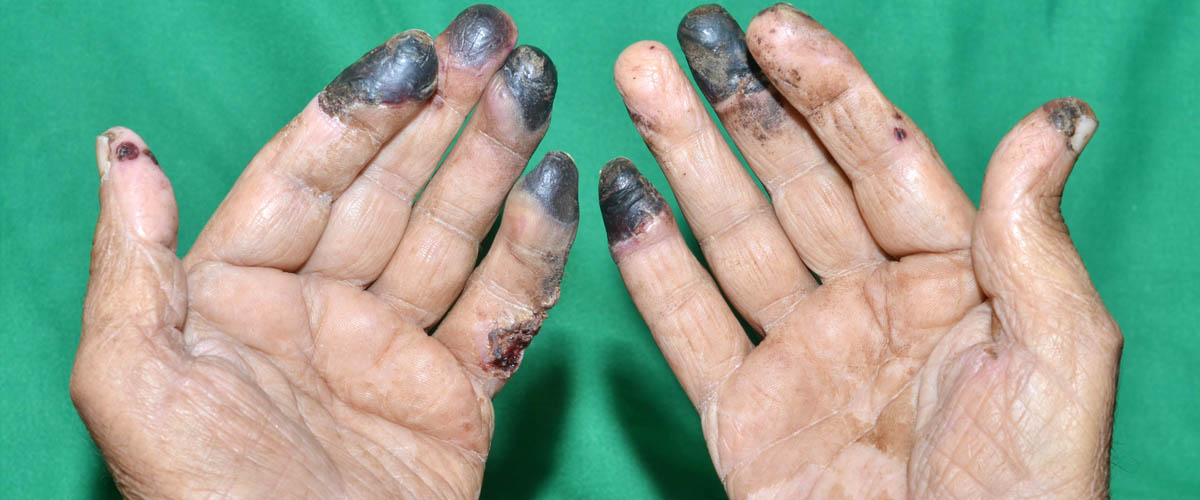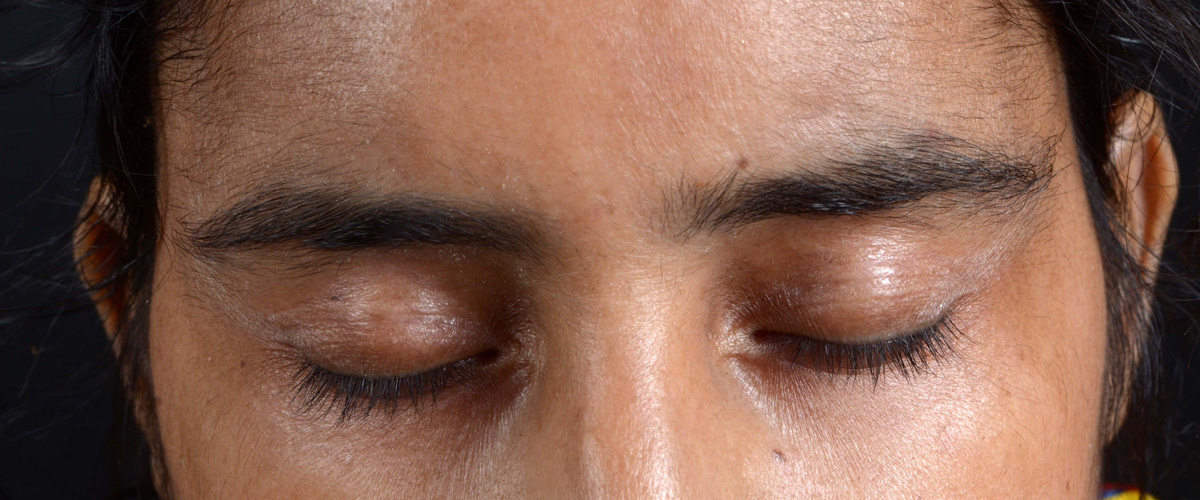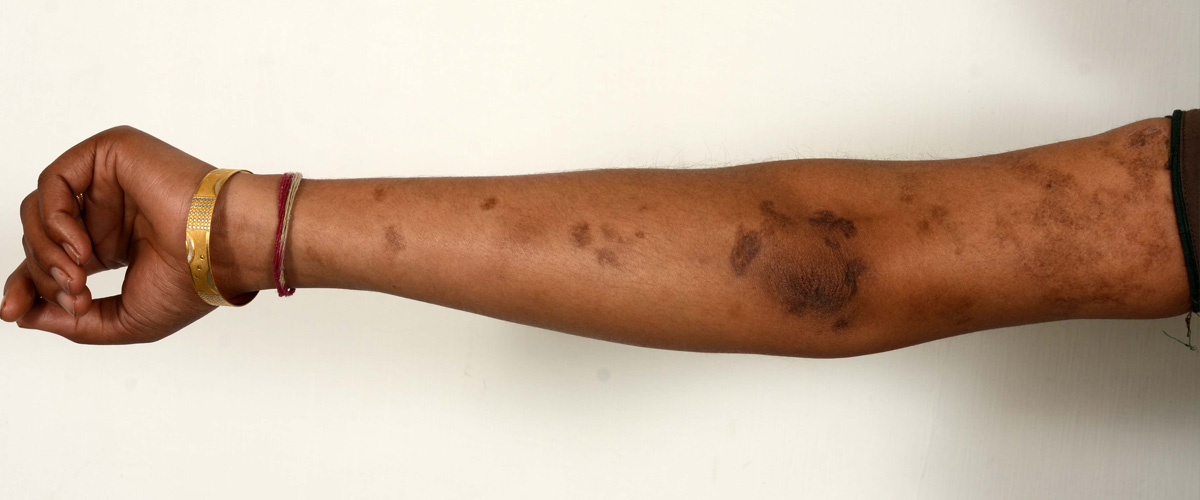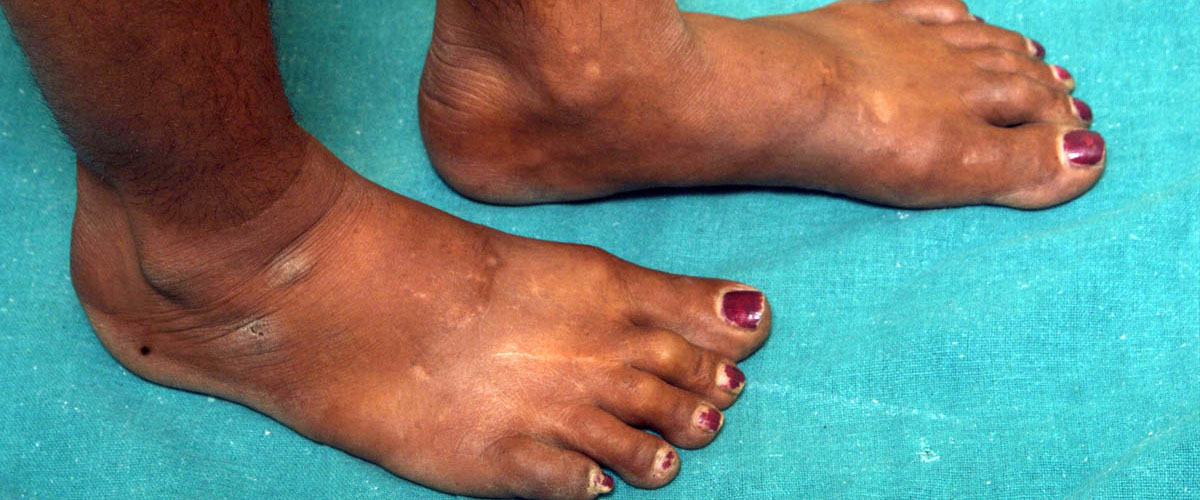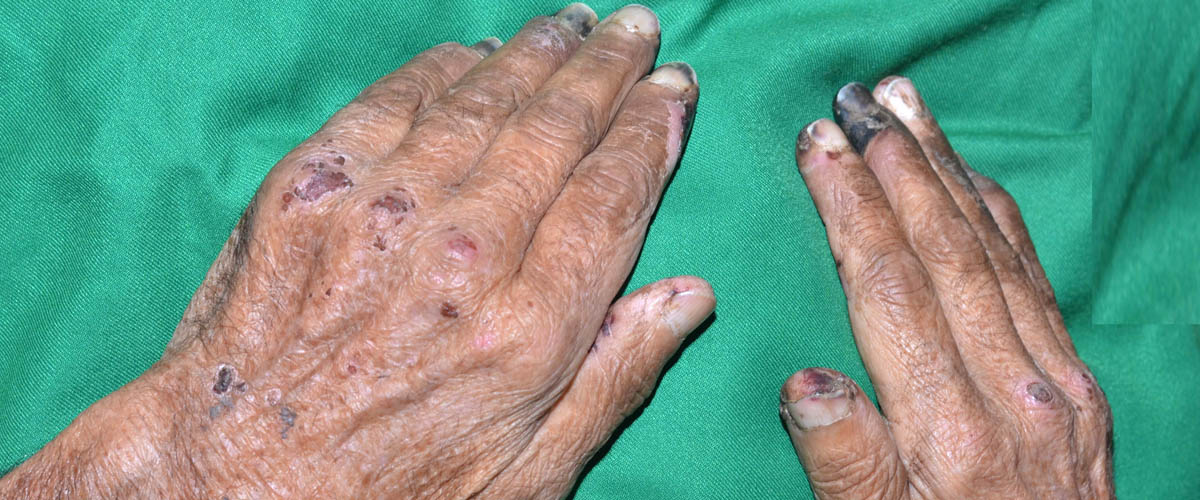Dr Shefali Khanna Sharma
Dr Shefali Khanna Sharma is Additional Professor in Unit of Clinical Immunology and Rheumatology , Department of Internal Medicine PGIMER, Chandigarh. Having 13 years of experience as Faculty (in Teaching and Research) at AIIMS, New Delhi (Rheumatology) and PGIMER, Chandigarh.


